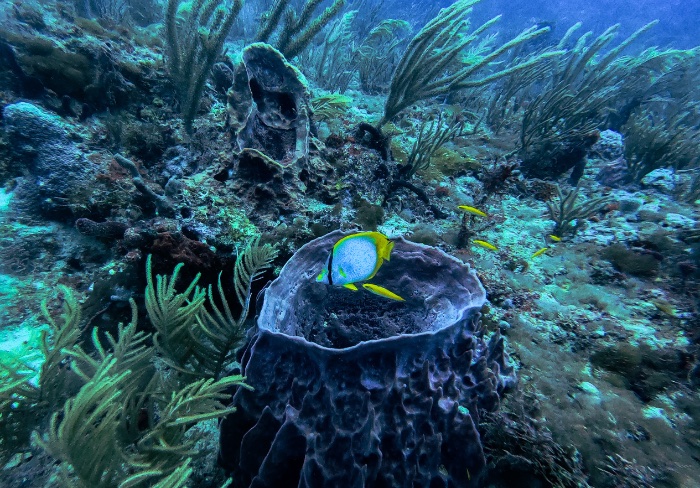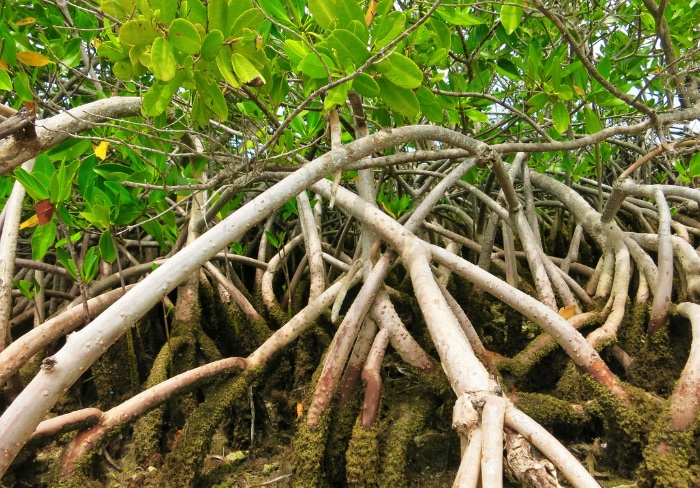
Ecosystem services are under threat because of habitat destruction, pollution, climate change, overexploitation and overfishing, and invasive species.
The ecosystem needs to be perfectly balanced. If you have too many, or not enough, of any one thing, you lose the biodiversity. This increases our vulnerability to natural disasters, reduces food security, and decreases access to clean water and air, which all leads to loss of life. It’s as simple as it is devastating.
And the breakdown of ecosystem services is caused by all of us. We should all be fixing this problem, but very few of us actually can.
What Are Ecosystem Services?
Ecosystem services are the benefits we receive from the natural environment and its ecosystems. These benefits can be split into four categories: provisioning services, regulating services, supporting services, and cultural services.
Provisioning services are the direct benefits people get from ecosystems, including food, water, and fuel.
Regulating services include the benefits ecosystems provide by regulating environmental conditions, such as climate, air and water quality, pollination, and pest control.
Supporting services are necessary for the production of all other ecosystem services and include soil formation, nutrient cycling, and primary production.
Cultural services include the non-material benefits people obtain from ecosystems, such as recreational and aesthetic benefits, cultural values, and educational opportunities.
Each of these ecosystem services are essential because they are critical to the functioning of economies and societies. However, human activities, such as land use change, pollution, and climate change, threaten the provision of ecosystem services and the long-term health of ecosystems.
How Do Ecosystem Services Work?
Ecosystem services work through the processes that occur within ecosystems. These relationships and processes support the various benefits people obtain from ecosystems.
Because ecosystems are interconnected and interdependent, they work via the snowball effect. For example, bees are essential for pollination, which is essential for the production of many crops, which in turn support other species and provide a range of ecosystem services. If one element of the complex web is off balance, the whole web crumbles.
How Can We Improve Ecosystem Services?
Stopping and reducing our damaging activities isn’t enough. We need to regenerate the environment. The easiest way to do this is by giving nature a helping hand. Nature can rebalance itself, but it can’t do it alone.
And the best way to give the environment a helping hand, rebalance our ecosystems, and restore diversity, is to apply good, true capitalism because we are only going to positively improve our ecosystems with money.
People will only put money in if they know they can get it back with some profit. So properly monetizing ecosystem services is our path to a sustainable future.

 Giles Cadman
Giles Cadman 
